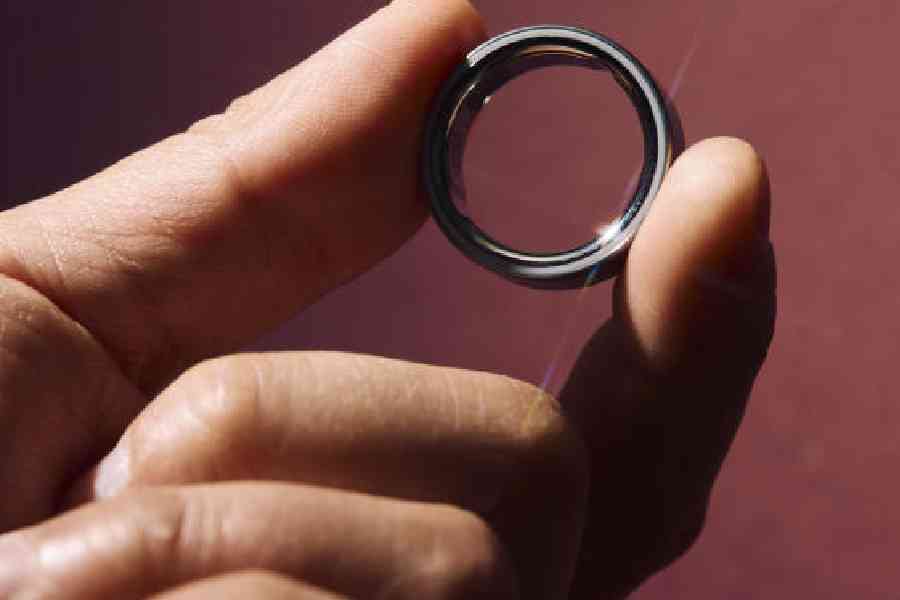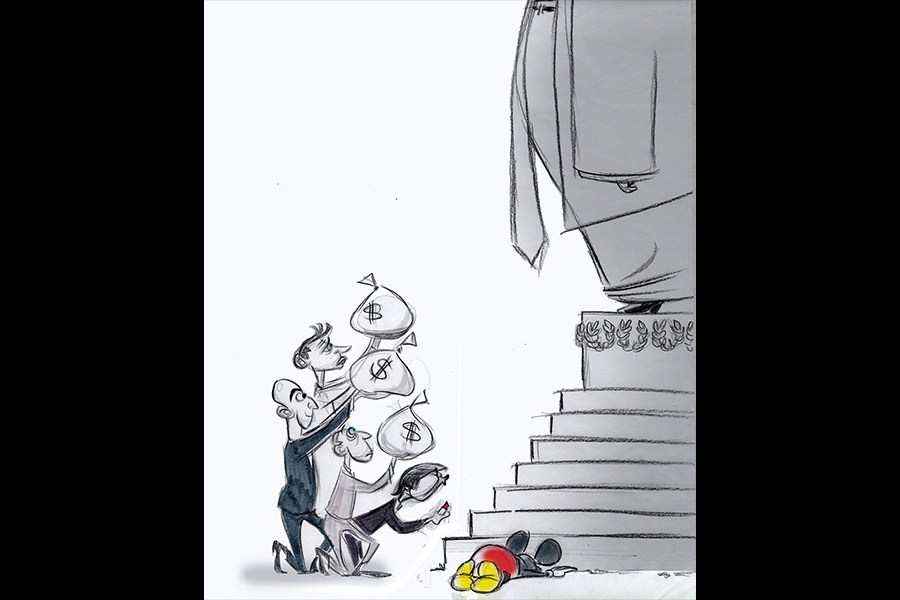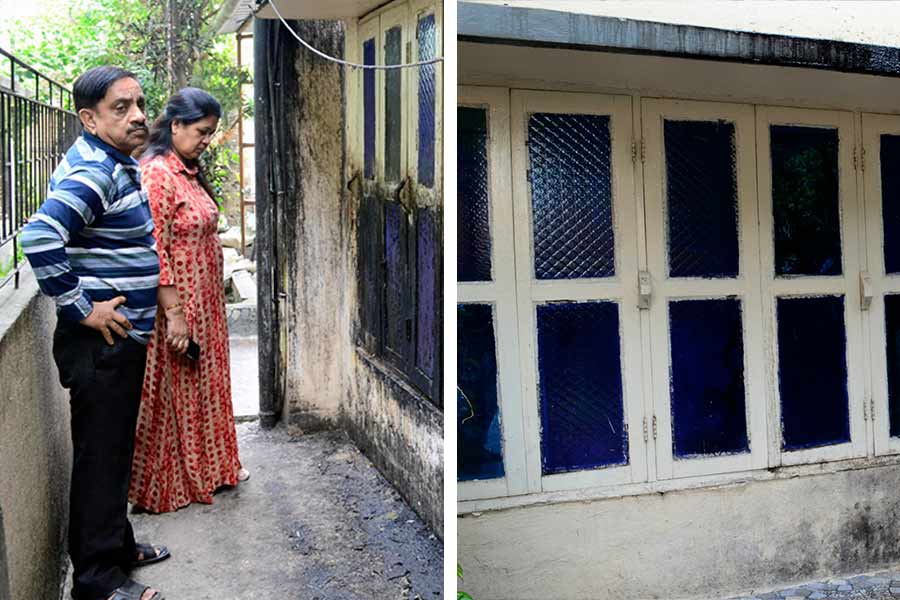How much would you pay for a good night’s sleep? That’s a question consumers will face when confronted with the growing number of tech products that claim they can track sleep and offer bespoke advice on getting quality rest.
The latest sleep-tracking gadget, the fourth-generation Oura Ring, is a $350 miniature computer worn around the finger like a piece of jewellery. The inside of the ring comes embedded with tiny sensors that collect data on vitals like heart rate, body temperature and movement, in an effort to track a wearer’s sleep patterns and pinpoint issues that may cause poor rest.
The Oura Ring also doubles as a fitness tracker that counts footsteps and activities like rock climbing, boxing and soccer, putting it in direct competition with exercise gadgets from companies like Apple and Fitbit.
Two years ago, I tested the previous Oura Ring 3 and panned it because I found some of its health data dubious. Yet the ring has since amassed a cult following, surpassing 2.5 million in sales, according to Oura Health, the Finnish startup behind the ring. The new version has been redesigned to look slimmer, and its sensors improved for more accurate sleep tracking. So I decided to give the Oura Ring 4 a try.
Oura Labs not only wants you to buy a ring, which can cost up to $500 depending on the colour you choose; it also wants you to pay $6 a month for detailed sleep analysis and other services. Over time, the ring will become a fairly exorbitant purchase.
Is it worth it? As a father of a newborn constantly struggling to sleep, I’m a perfect test subject. I liked wearing the Oura; thinner and more comfortable than its predecessor, it looked just like an everyday ring. I also understood its appeal: its seven-day battery life could constantly monitor vitals like my heart rate.
But my sleep and fitness data were so hit or miss that I can’t confidently recommend making the splurge. Most people are probably better off with a traditional fitness tracker like an Apple Watch or Garmin. Here’s how my week went.
Days 1 and 2
When I received the ring one Thursday, I placed it in its charging station and connected it with the Oura app that I downloaded on my phone. I put it on my right middle finger and went about my day.
The data logged by Oura quickly became confusing. On Friday, I packed up the family car for a weekend getaway. Sleeping that night felt like torture; I was constantly awakened by my newborn and my dogs and had to get up several times.
The Oura app said I went to bed at 9pm and woke up seven times before officially getting up at around 8am Nonetheless, the app rated that night’s sleep “Good”.
This was a classic case of an algorithm failing to objectively measure the very subjective nature of how I was supposed to feel about my sleep.
An Oura spokesperson said the app gave my night’s sleep a positive rating despite the interruptions because of the amount of time I had spent in bed.
Days 3 and 4
On Saturday night, the newborn woke up around 11.30pm, and I stayed up for about an hour to care for her before going back to sleep. The Oura app correctly logged this.
Days 5 and 6
On Monday night, I went to bed around 10pm. My newborn woke up around 2am, and I got up to feed her for half an hour before going back to sleep until 7am.
The next morning, the Oura app said I had a poor night’s rest, sleeping from only 2.30am to 7am. It missed the first four hours of sleep.
Oura said those were not logged because I was moving around too much. That indicated restless sleep, which did not meet the thresholds of its algorithm. But I slept fine and felt well rested.
The app also said it detected a nap Monday evening, when I was actually reading a book in bed.
Oura said relaxing, sedentary activities could appear to its device as naps, which is why the app asked users to confirm naps before they were recorded as sleep. I could reject the erroneous nap data by hitting the “dismiss” button in my app.
Bottom Line
The Oura Ring would probably work well for people with relatively normal sleep schedules. But based on my experience, the ring may fall short for those who need the most help: people with broken, erratic sleep schedules. Oura said its goal next year was to create solutions for people with sleep disruptions.
All told, I am not into the manual data logging — from naps to household chores — that is part of the experience. It somewhat defeats the purpose of an automatic activity tracker and makes me look at my phone more often than I would like.
NYTNS











